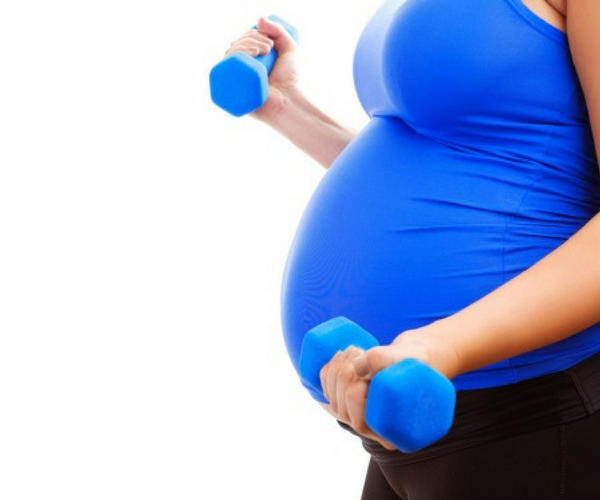
What’s the ideal diet and fitness plan for when you’re pregnant?
What’s the ideal diet and fitness plan for when you’re pregnant?
Maintaining physically active while pregnant is essential for helping both you and your baby be as healthy as possible, it can make a huge difference to how you feel, boosting your mood and keeping you fit and strong so you can best support your baby. Regular exercise will also increase blood flow and help you combat any tiredness and irritability.
If you are planning to exercise, it’s important that you maintain excellent nutrition at the same time, you will need on average an extra 300 calories a day to support pregnancy, and even more if you are planning on exercising too, below are some tips to help you find the balance.
A light exercise routine
The best 2 exercises for pregnant women are walking and gentle swimming or aqua pre-natal exercise. If you regularly practice yoga there are some stretches and poses that you will still be able to do but others that should be avoided such as any on your back that could reduce blood flow to the uterus. If you have a gym membership there are many exercises that can be adapted to be gentler and less intensive, a sports trainer at your gym will be able to advise you.
Essential nutrition to support exercise
It will be important to increase your intake of healthy sources of protein, carbohydrate and fats to help give you energy and replenish your body after exercise. If you like avocados then they will become your best friend as they help keep you fuller for long due to their 80% fat content. It’s also important to keep yourself as hydrated as possible by drinking lots of water.
Budgeting costs
It’s important to consider that any costs associated with diet or fitness must be balanced out against the costs of pregnancy, so this should be factored into your overall budgeting. The best thing to do is sit down and make a list of all the essential items you will need while pregnant and when the baby comes, as well as your food and fitness budgeting so you can see what you can afford and avoid spending beyond your means.
Diet and vitamins
While you will be able to get most of the vitamins and nutrients you need to support pregnancy from your diet, there are some vitamins that are so important, such as vitamin D and folate, that it’s a good idea to take a supplement.
Vitamin D
Vitamin D is crucial because it is needed for the healthy growth and development of your baby. It plays a important role in regulating calcium and phosphate levels in your body which your baby needs for bone and muscle development.
Supplementing with vitamin D can also help reduce the risks of your baby developing allergies. If you don’t have enough vitamin D in your system, your body will take the vitamins it needs for your baby’s growth from your own bones, which could lead to developing osteoporosis later in life.
Folic Acid
Folate is necessary to help support the healthy growth of your baby’s neural tube which will form the brain and spinal cord, it is also important in the production of red blood cells which are needed to carry oxygen around your blood and give you energy.
Antioxidants
It’s also important to get as many antioxidant rich foods in your diet as well to help your body neutralise free radicals which will help prevent birth defects and support your baby’s overall health. The key antioxidant vitamins are vitamin C, E and beta-carotene. Taking any of these in the form of a supplement will boost your immune system helping keep you both safe from colds or infections.
Fish liver oil
Omega 3 fatty acids found in fatty fish, nuts and seeds are important to help with your baby’s visual and cognitive development, supporting the healthy growth of your baby’s skin, brain and tissues which will reduce the risk of neural tube defects.















